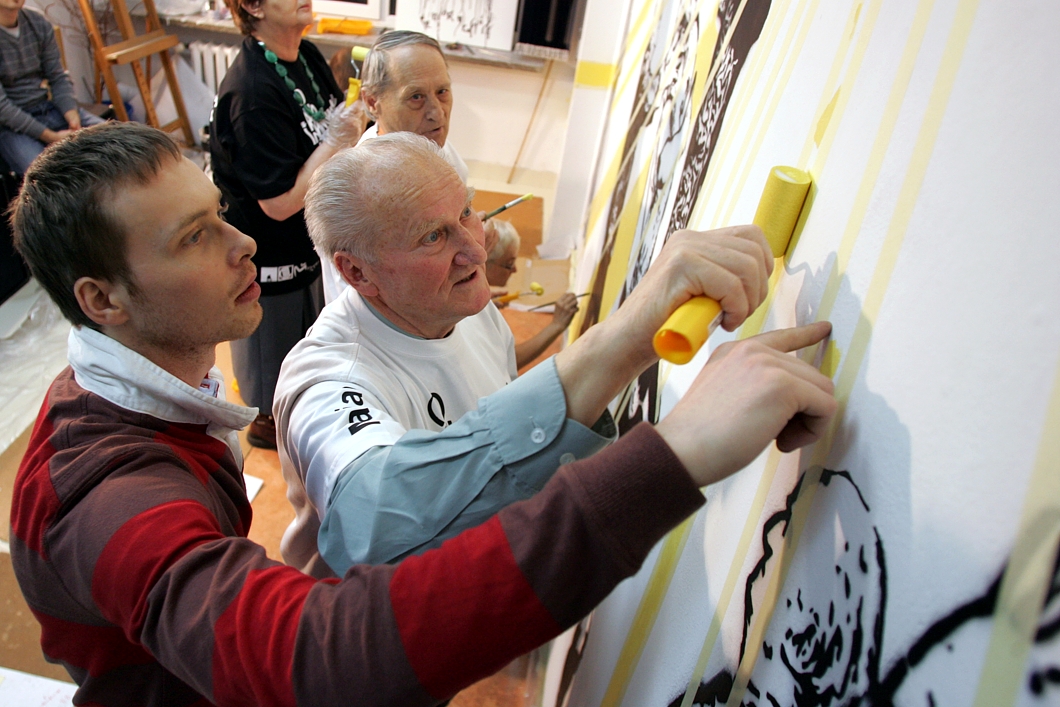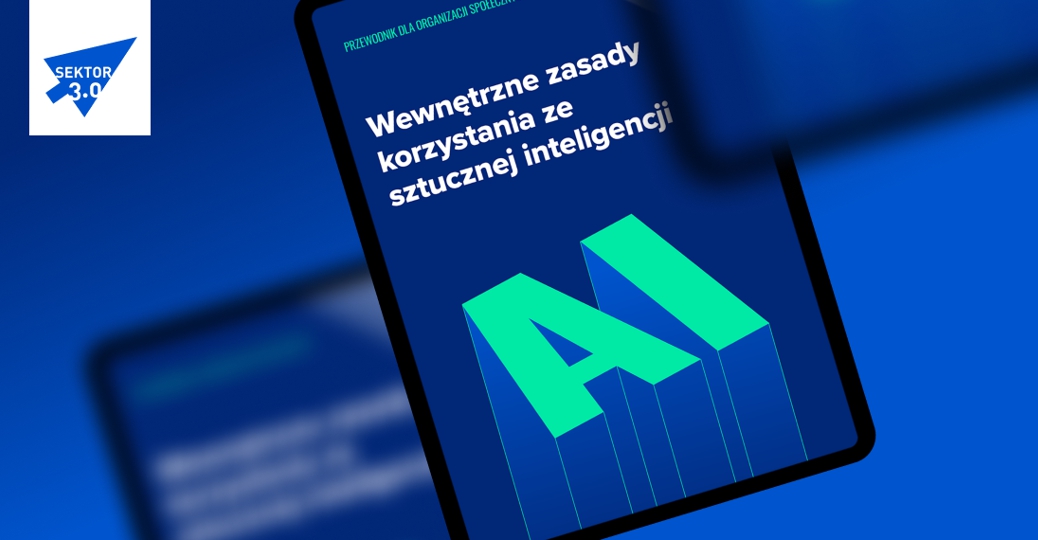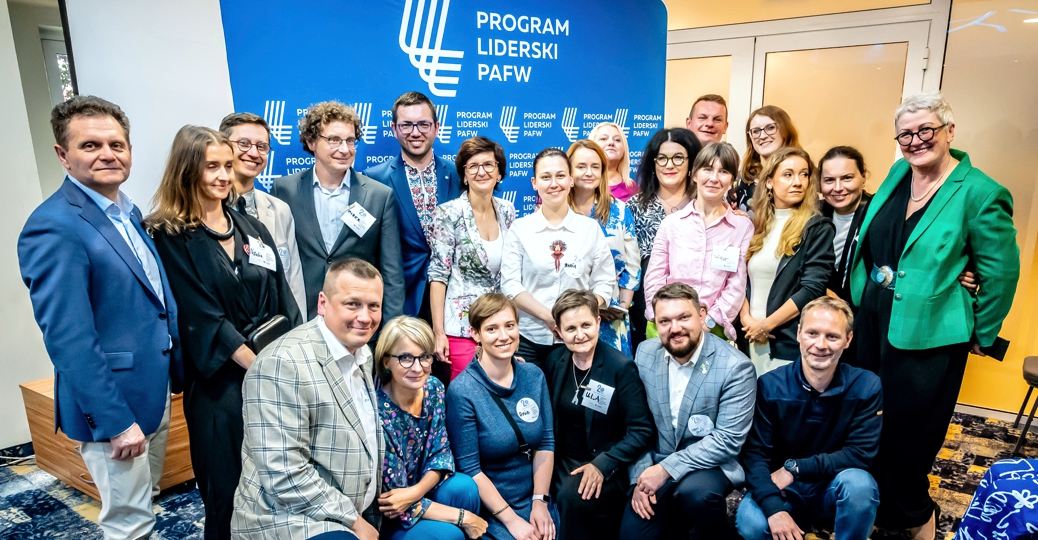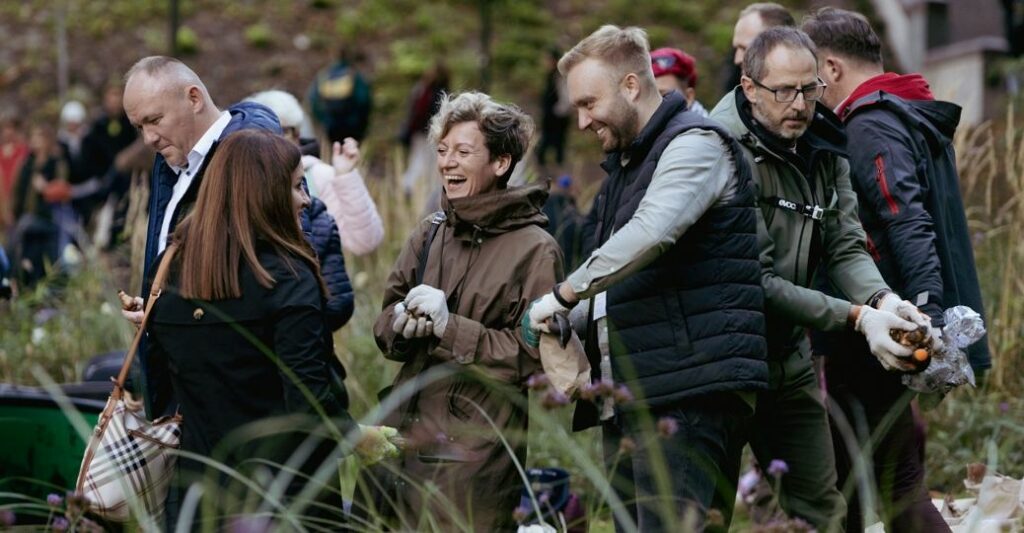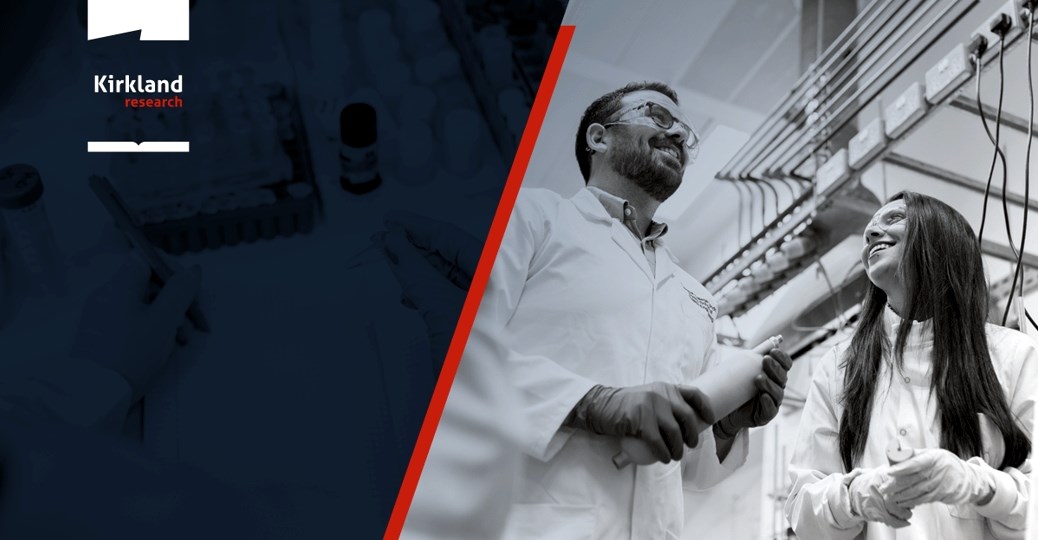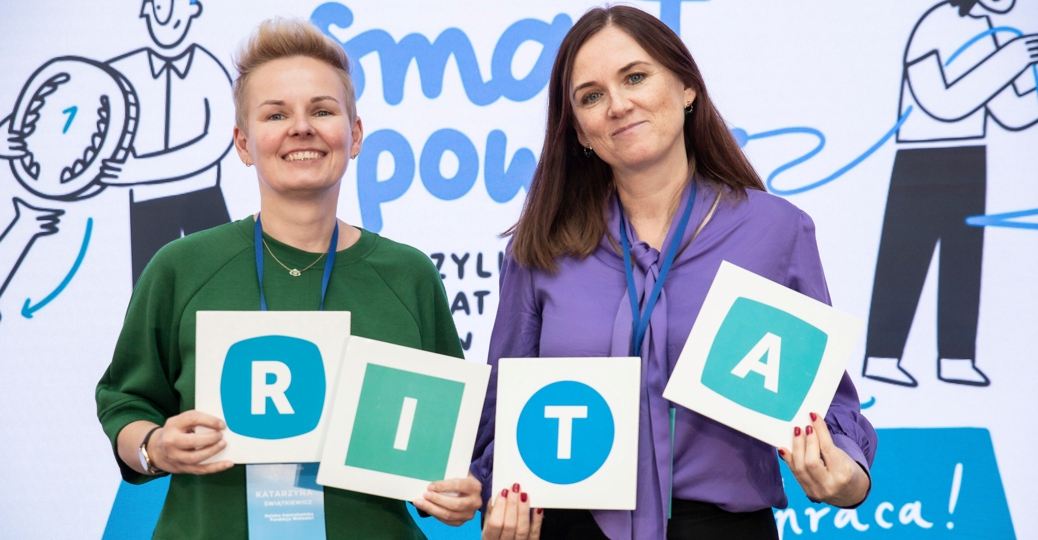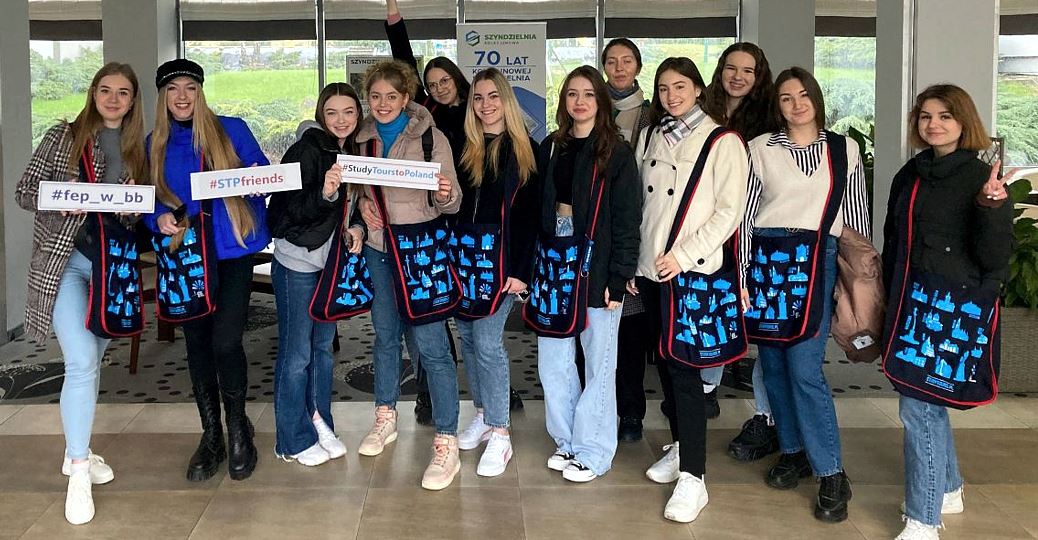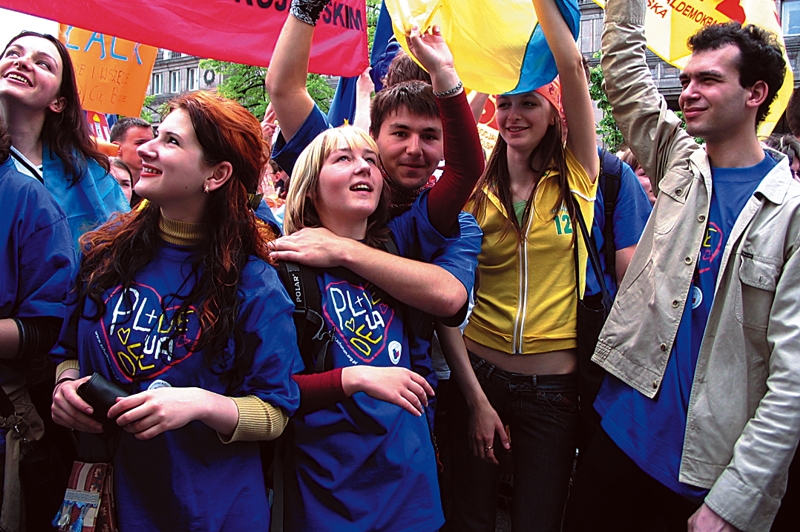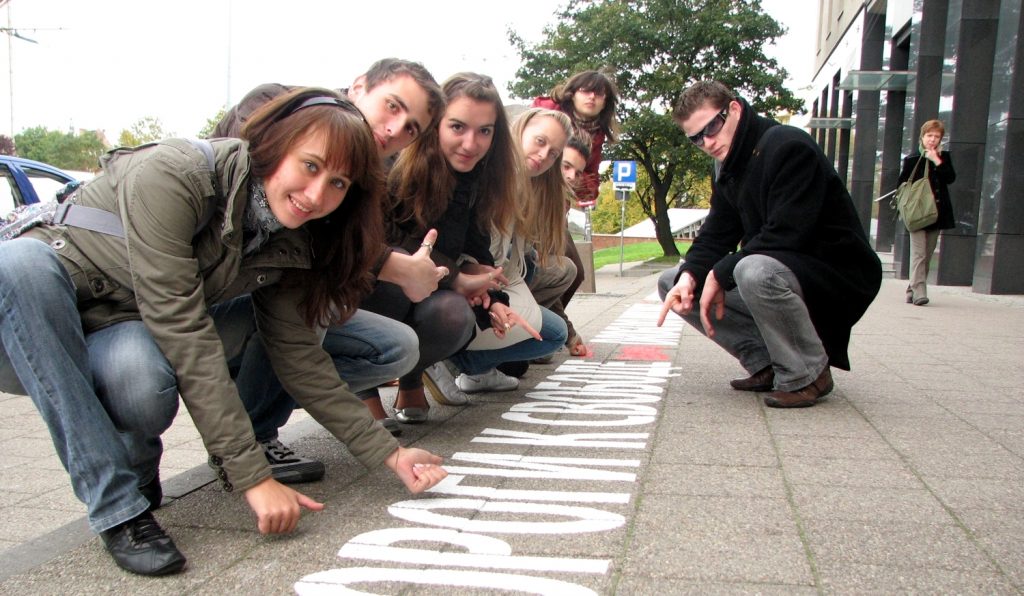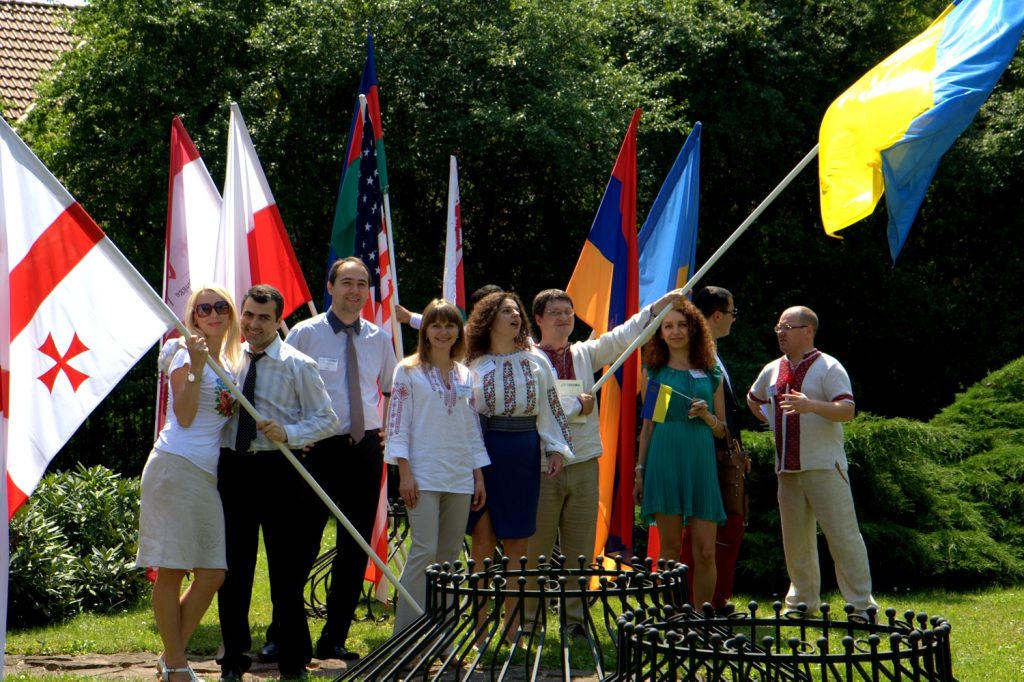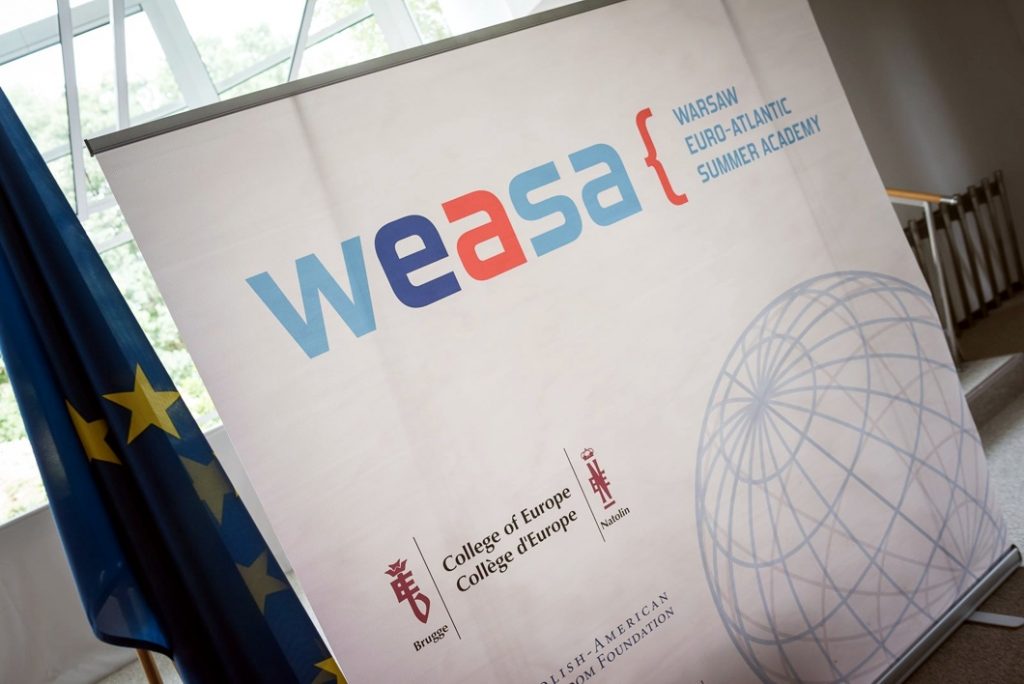Launched in 2004, the program is addressed to active university students and professionals from countries of Eastern Europe and other post-communist states. The objective of the program is to show participants the realities of Poland and the European Union, as well as develop and strengthen professional and personal contacts between young leaders from Eastern Europe and their Polish hosts.
University students are offered a study tour of a dozen or so days to Poland. Currently, the candidates eligible to participate are age 18 – 23, from Belarus, Moldova, and Ukraine. They meet representatives of the Polish academic community, civic organizations, leaders of public life They also participate in lectures, workshops, seminars, and cultural events. Students apply to the program individually. The tours are organized for mixed groups of about a dozen people coming from various countries. They are held twice a year, in the spring and the fall, and are managed by experienced Polish NGOs, selected in an open competition. Study tours for students are coordinated by the Borussia Foundation.
The offer for professionals is addressed to representatives of local governments, state administration, central state institutions, NGOs, media, education, and other professional groups from Eastern Europe, the Southern Caucasus, and Central Asia. The tours, aimed at sharing Polish experiences in transformation and European integration, are held in cooperation with Polish NGOs as well as central and local administration bodies.
After the Maidan events of 2014, special emphasis in contacts with Ukraine has been placed on sharing experience with people involved in local government reform and activities related to integration of Ukraine with EU structures. From 2004 to 2024, study tours to Poland were held for 7,219 citizens of Ukraine, including 4,916 professionals and 2,203 students.
The recruitment of participants in study tours for professionals is preceded by a letter of intent sent to the “STP” program office in Warsaw by an interested institution and its partner organization from the countries of the region, or by a Polish NGO or other institution.
Between 2004 and 2024, a total of 11,000 participants, including 4,000 university students and 7,500 professionals representing various environments took part in the study tours.
In 2022, after the Russian aggression in Ukraine had started, PAFF launched the “STP for Ukraine” initiative with a budget of PLN 900,000. Polish NGOs that had hosted student and professional leader groups in Poland, channeled material and financial aid through program alumni to people affected by the war. Aid reached most of Ukraine’s 24 oblasts, including the city and oblast of Kyiv, as well as the oblasts of Lviv, Ternopil, Dnipropetrovsk, Kharkiv, Sumy, and Luhansk.
Under the “Study Tours to Poland” program, the Foundation is involved in the Warsaw Euro-Atlantic Summer Academy – WEASA – a joint initiative of PAFF, the German Marshall Fund of the United States and the College of Europe.
The Academy offer involves two weeks of classes, based at the Natolin campus, and is addressed to experts from the EU Eastern Partnership countries: analysts, political and government advisors, think tank and NGO staff, civil servants, and journalists. Over the first several years, the thematic scope of the Academy covered political transformation, European integration, and transatlantic relations. Since 2017, WEASA’s main subjects have been digital challenges, cybersecurity in particular. “Euro-Atlantic Relations and Integration in Times of Crisis” was the title adopted for the twelfth WEASA round in 2024. Poland’s experiences in joining NATO and the UE were an important item on the agenda, owing to the 25th and 20th anniversaries respectively, of Poland’s accession to these organizations.
From 2013 to 2025, the 13 WEASA editions attracted 551 people from Eastern Partnership countries and (since 2017) the Western Balkans, including: 57 participants from Armenia, 39 from Azerbaijan, 50 from Belarus, 101 from Georgia, 48 from Moldova, and 153 from Ukraine.
PAFF has disbursed $8,862,995, including $793,606 for the current edition.









